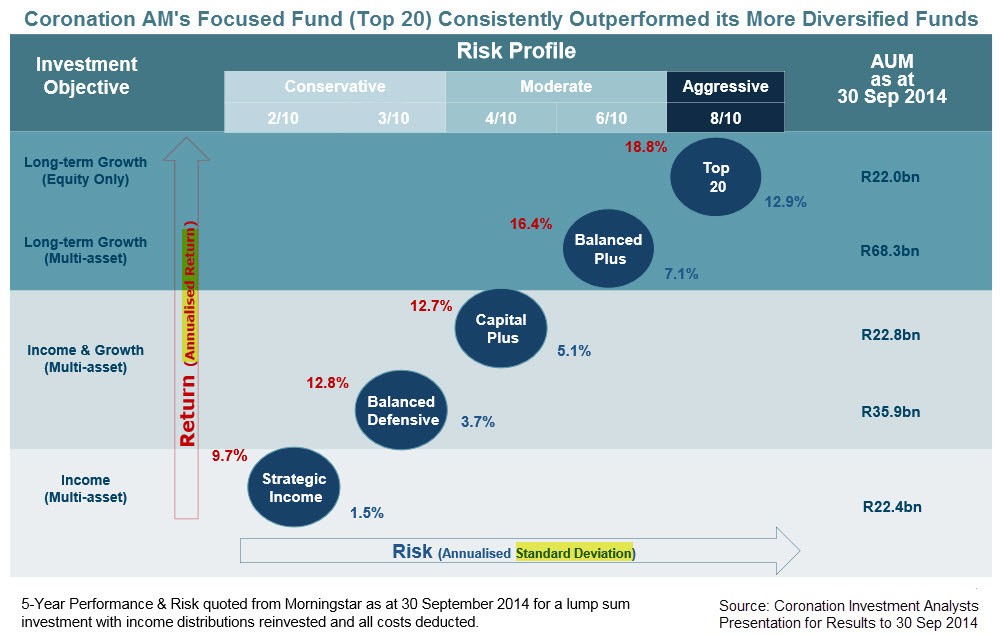Do REITs Really Diversify Your Portfolio Focus on Funds
Post on: 10 Апрель, 2015 No Comment

By Brendan Conway
The idea of tacking on some real-estate investment trusts is often sold as portfolio diversification. Samuel Lee of Morningstar argues in a notable article this morning its not all its cracked up to be.
Start by throwing out REITs historical returns as any kind of guide for the future. You have to account for the change in the asset class from an esoteric niche for risk-takers into something more mainstream.
Once you do this, you see that REITs trade much more in line with the rest of the stock market than they used to.
Whats more, Lee shows, investors effectively have to believe REITs can increase their per-share dividends faster than the rate of inflation. That, in any event, would be needed in order to come anywhere close to the asset class annualized 11.9% return since the early 1970s.
Lee argues its more realistic to expect relatively pedestrian returns like 2% or 3% after inflation. You should also bank on participating in any broad-market selloff, should one occur.
From Lee:
I calculated a rolling three-year market beta, controlling for REITs exposure to size, value, momentum, and interest-rate risks, to better isolate pure market exposure. The change is striking: REITs went from an average market beta of 0.5 to over 1 in the early 2000s and have stayed there since. Over this period, REITs went from small-cap, deep-value stocks to larger-cap, growthier stocks.

Anyone who buys REITs on historical risk/return characteristics without considering the fundamental drivers of return and potential changes to market structure is being reckless. A deeper look strongly suggests that REITs diversification powers are down and so are their expected returns. While we can still expect REITs to respond positively to inflationall else held equalit would be a mistake to think theyll exhibit the kind of anti-inflationary properties they exhibited back in the 1970s.
Thats something to keep in mind if youre buying Vanguard REIT ETF (VNQ ), iShares U.S. Real Estate ETF (IYR ), or a closed-end fund such as Cohen & Steers Quality Income Realty Fund (RQI ).
Tis Almost the Season of Fresh Gold-Miner Writedowns Next
2013: The Year When Boring Was Best














